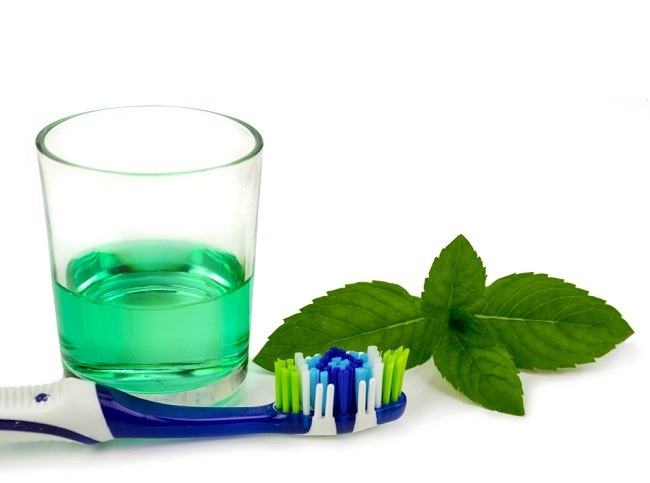Need to use mouthwash after brushing teeth?
Brushing your teeth twice a day is an effective way to remove plaque and prevent dental disease. However, what about the area of the tooth that is not easily reached by a toothbrush? Do we need to use mouthwash to clean it?
Maintaining clean teeth and mouth is very important, so that the teeth remain healthy and strong. Poor oral hygiene will facilitate the formation of plaque, which is the main cause of tooth decay.

In addition to brushing teeth, rinsing using mouthwash is considered necessary to reach areas that cannot be reached by brushing teeth. But is that really true?
To answer this question, it's a good idea to know the benefits and side effects of mouthwash first.
Benefits of mouthwash
The use of mouthwash is a complement in the routine of maintaining dental and oral hygiene. The following are some of the benefits of mouthwash:
- Reducing dental plaque.
- Minimizes the occurrence of gum inflammation.
- Helps eliminate bad breath.
- Mouthwashes containing fluoride can help prevent cavities and prevent tooth decay.
Mouthwash Side Effects
Behind a number of benefits it has, mouthwash also has side effects that need attention. At least there are two side effects of mouthwash, namely:
Mouth becomes dry
Generally, mouthwash contains 5-25% alcohol which functions as a solvent and preservative, and keeps mouthwash from germ contamination. In addition, alcohol also works as an antiseptic in the oral cavity.
However, high alcohol levels in mouthwash can cause dry mouth, so bad breath can occur.
Allergic or irritation reactions in the mouth
If you have allergies or are sensitive to the ingredients contained in mouthwash, you can feel complaints in the form of pain and redness in the mouth after using mouthwash.
Please note, mouthwash may not be used by children under the age of 6 years. Children under the age of 6 cannot gargle well, so mouthwash can be accidentally swallowed and make children poisoned. Without ignoring the habit of brushing teeth regularly, it can be concluded that the use of mouthwash is needed to help maintain oral and dental health, including for clean areas that cannot be reached by toothbrush.
Even so, you should not use mouthwash immediately after brushing your teeth, because mouthwash can rinse fluoride and a protective layer of toothpaste attached to the tooth surface.
You can consult with your dentist about the type of mouthwash that is safe and effective for you, and when you should use mouthwash. Using the right mouthwash will help maintain the health of your teeth and mouth.
Written by:
drg . Viera Fitani
( Dentist )
Comments
Post a Comment